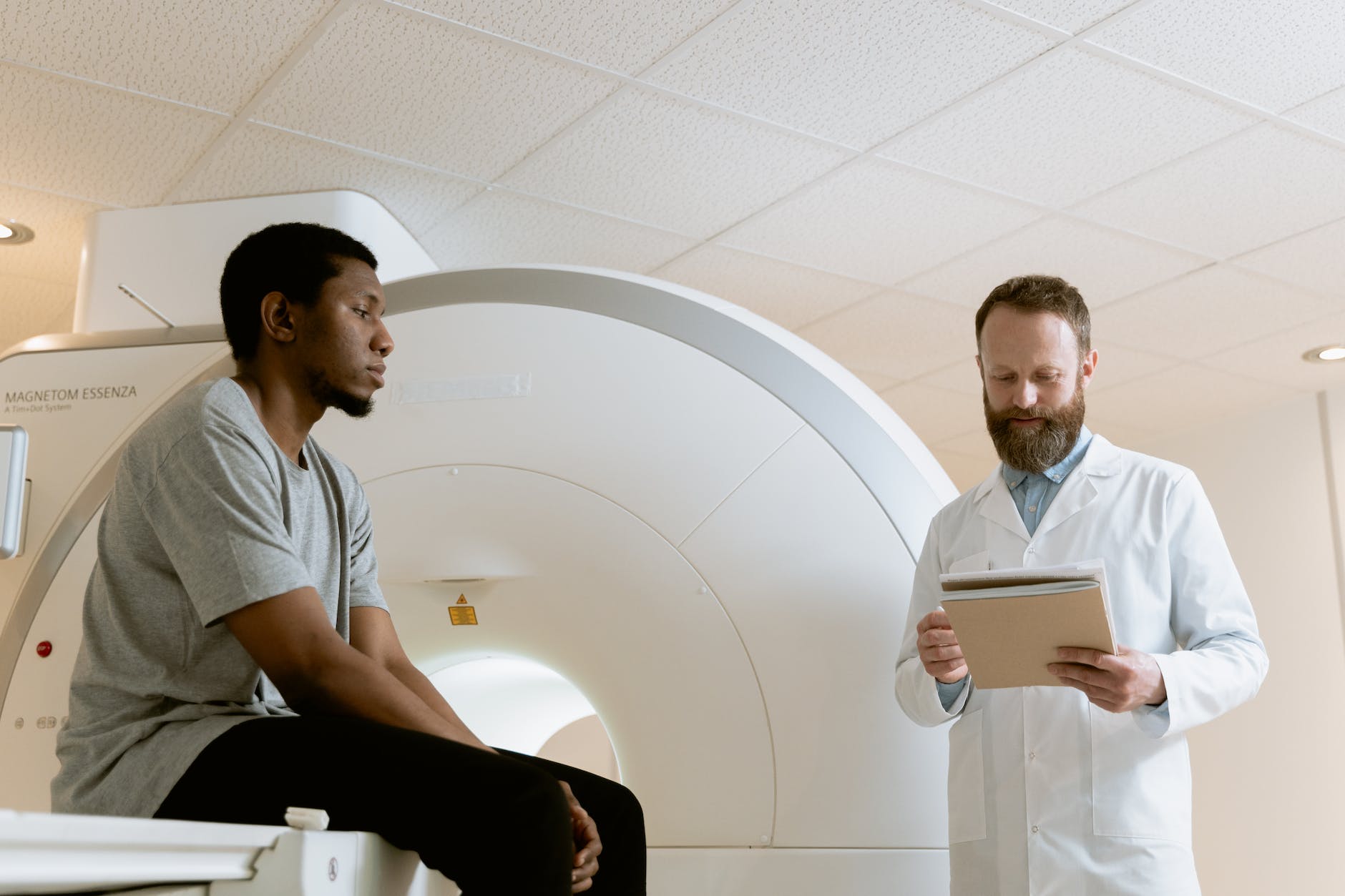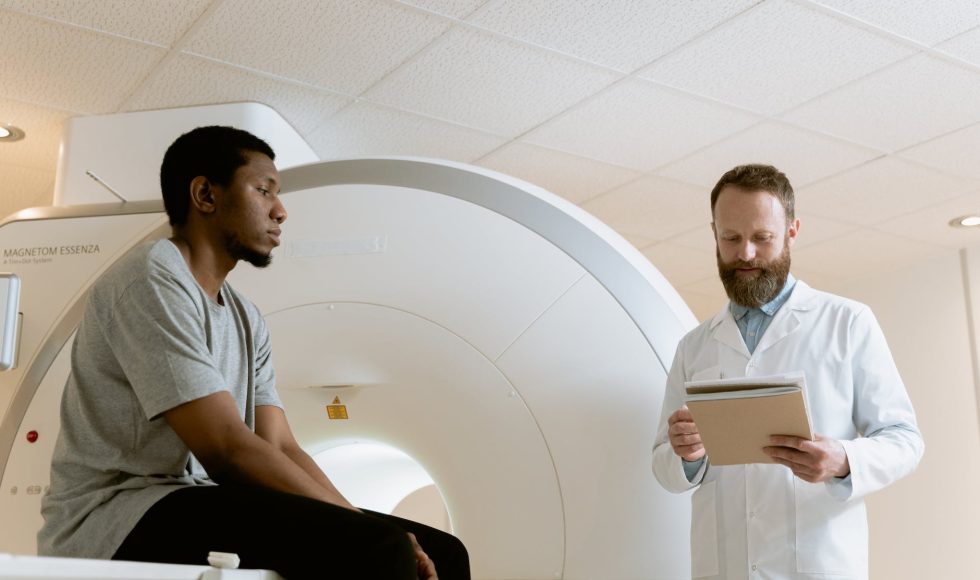I continue to watch the Alternative Assessment Institute 2022 recordings. Tonight I watched Eileen Giles and Lisa Cunningham present “Simulated Clinical Competency Testing and Mock Interviews.” They presented together on their alternative assessments within the bachelor of radiation therapy: a four-year undergraduate program. The fourth year has clinical placements and several clinical blocks. Since 2019, there have been movements in Australia to create more authentic assessments. Two assessments in clinical courses include mock interviews and CT assessments. Computer tomography (CT) skills are core for radiation therapy students. Students are typically assessed by their clinical mentors on competencies. The presenters shared a table/rubric of competencies. This year they introduced a CT simulation. Students work in pairs and practice a range of skills together. They are then tested together. A student acts as the patient. Students are given some information and work with the patient actor. Student pairs acquire CT images with the software and simulation. Several key competencies can be evaluated with the simulator. Students also work with data acquisition and the software during the simulation. Each student pair produces documentation and completes the session during approximately 20 minutes. Participants completed evaluations to collect information about the simulation. The presenters mentioned the activity was well-received, realistic, and good preparation for their clinical placement.
Mock interviews were also implemented. As part of the program students have workshops to write a CV, learn about interview skills, and develop their professional identity. The mock interviews were held over Zoom during the clinical placement phase of the program. Students were asked a range of questions: personal, scenario-based, and technical. Former radiation technology clinicians acted as interviewers. The presenters explained that they will formally evaluate the mock interviews next year, and they have collected anecdotal and student feedback from the interviews. A working group from the University of South Australia created a definition for authentic assessment and defined five attributes that are key:
- Encourage students to adopt higher order thinking
- Inspire the application of relevant knowledge and skills
- Stimulate students to think from multiple perspectives
- Motivate students to become problem solvers
- Connect learning to the real world
During the questions and discussion session, one attendee asked about teamwork training. The presenters mentioned that students practice working with their teammates earlier in the program. The group assessments could be challenging, though the presenters mentioned they provide feedback to each individual too. They also spoke about radiation technologists working in pairs in practice. Thus, this experience with the simulation and pairs resembles what participants would have to do. I had not thought about this! While I do appreciate the challenges of teams being evaluated when they may not have enough time to fully develop efficient working dynamics, this experience does seem fair and useful as students work in teams throughout the program, it seems. This made me think about having students practice computational tasks in paris over several weeks to develop these working relationships.



